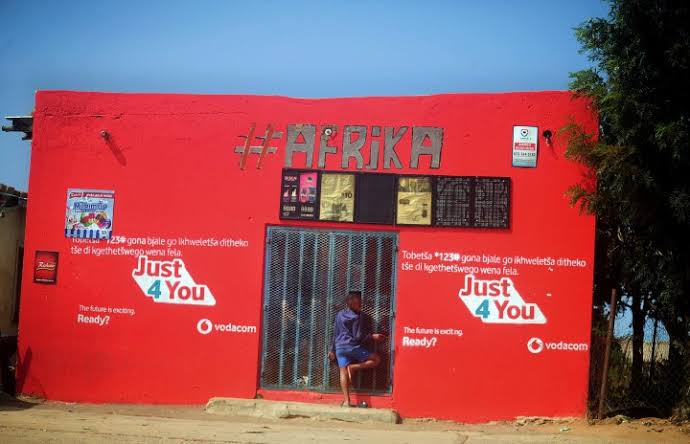By Sizakele Nduli
Spaza shop owners and food handling businesses have until the end of February to meet the registration deadline.
President Cyril Ramaphosa granted an extension in December to allow small businesses more time to comply with the new registration requirements.
The Government Communication and Information System (GCIS) on behalf of the National Joint Operational and Intelligence Structure (NATJOINTS) clarified that the registration period excludes weekends and public holidays.
NATJOINTS’ Mava Scott emphasised the consequences that non-compliant businesses faced.
“Non-compliant businesses, depending on the nature of the non-compliance, face legal consequences, from fines, removal of goods, shutdowns, other penalties, or even arrest and criminal prosecution,” he said.
Under the Business Act, 1991 (Act No. 71 of 1991), Scott outlined that businesses operating without proper registration could be shut down without prior warning.
These businesses must hold a valid licence issued by the relevant municipality or licensing authority to operate legally. Additionally, businesses are required to meet specific industry conditions, such as maintaining cold rooms for perishable goods.
Businesses that fail to comply face severe penalties. According to the law, they can be fined up to R1000, be jailed for to three months, or both. They may incur a daily fine of up to R10 for every day the offence continues.
If businesses fail to meet the conditions of their licence, local authorities have the power to withdraw or suspend their licence. They could also lose their licences if they failed to comply with safety, health or other legal requirements.
Municipalities may also apply their own by-laws in addition to the national regulations.
Scott further explained that the government’s approach to ensuring food safety and compliance in the informal sector.
“All food handling facilities must be registered with their respective municipalities, targeted inspections are held with integrated disciplinary teams, and training on food safety and compliance is provided by municipalities as well as the Small Enterprise Development Agency (Sedfa).
“A joint fund has been created and will be released soon to assist registered food handlers with funding in the form of vouchers. Training on food safety and compliance are ongoing through Sedfa and most municipalities,” Scott said.
Despite these efforts, some business owners are facing challenges.
Skhumbuzo Hlathi, a spaza shop owner from Mafikeng, expressed frustration over not receiving approval for his operating licence despite submitting all required documents before the initial deadline.
“I think the municipality was not ready for this workload. I have submitted [and] I am waiting for them to come and do inspections,” he told Vutivi News.
Hlathi added that he had submitted proof of registration, tax clearance and other required documents.
The approval process involves inspections to ensure compliance with health, safety and food safety regulations. Without approval, businesses risk facing penalties or shutdowns.
The push for mandatory registration follows tragic incidents of food poisoning linked to unsafe and expired food products sold by unregulated vendors.
Deaths across the country and food safety concerns prompted the government to implement the registration requirement for spaza shops and food vendors to ensure they adhere to strict health and safety regulations.
Since implementing the requirements, there has been drastic decline in food contamination cases.
























































